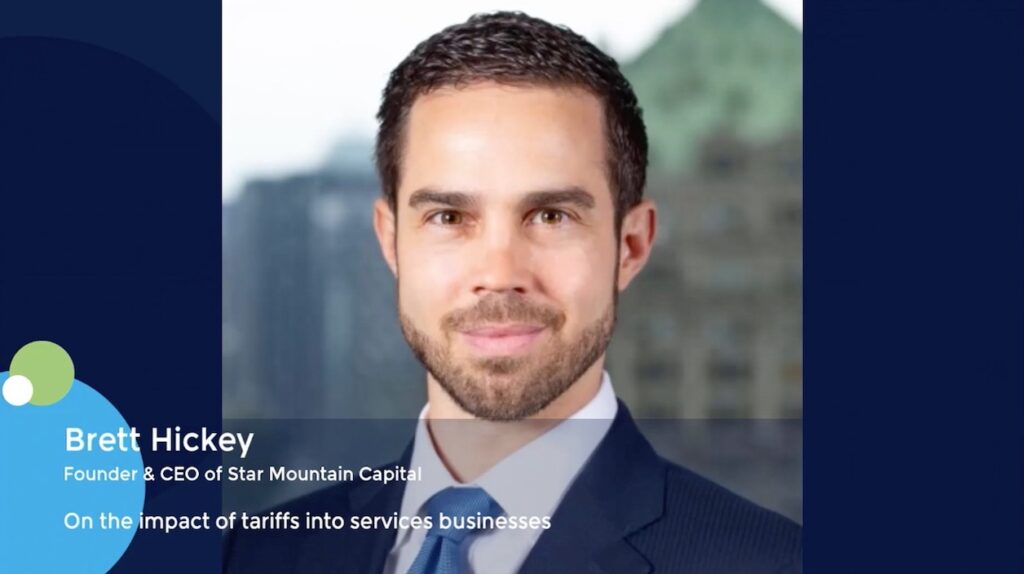Antitrust enforcement in second Trump administration likely to focus on healthcare, other consumer-facing industries
The future of antitrust enforcement during Donald Trump’s second term is uncertain, but a focus on healthcare mergers — and possibly other areas where consumers face high prices — is expected to continue, panelists at the Concurrences Global Antitrust Economics Conference at New York University this week said.
“Healthcare is one [area] where I expect to see a significant emphasis” by both US antitrust agencies, said Richard Powers, a partner at Kressin Meador Powers and a former deputy assistant attorney general at the Department of Justice (DOJ) antitrust division.
Powers referred to a Republican-led hearing of the House Oversight Committee this July that focused on the role of pharmacy benefit managers (PBMs) and their potentially anticompetitive practices. The hearing “was very aggressive, it showed this is an issue [Republicans] care about,” Powers said.
PBMs have been a focus of the Biden administration’s Federal Trade Commission (FTC) as well. The agency sued three of the prescription drug middlemen for allegedly inflating insulin prices in September.
However, Milbank partner Fiona Schaeffer noted that “there are several investigations pending at DOJ in the healthcare arena that stand a good chance of not being brought in the new administration.”
Bringing new cases during the lame-duck period might be a “risky thing” for the current administration to do procedurally, according to Powers. However, it didn’t stop Biden’s DOJ from filing a lawsuit to block UnitedHealth Group’s [NYSE:UNH] proposed acquisition of Amedisys [NASDAQ:AMED] on Tuesday — a deal which has been under DOJ review since August 2023.
Schaeffer added that she expected a “high level of enforcement” in “certain areas,” and did not expect Trump’s FTC to withdraw complaints in significant cases that are already pending.
Amazon is “no friend of Trump,” she noted – referring to the FTC’s 2023 case against Amazon alleging monopoly power in e-commerce markets. And she didn’t expect changes to the FTC’s investigation into PBMs because it concerns insulin, to which many Americans are extremely price sensitive. “I don’t see that case reversing course either,” Schaeffer said.
Industries where the impact can be felt by consumers, such as food, might also be a priority, said Aidan Synnott, a partner at Paul Weiss.
Synnott said that he also did not expect a pull-back on Big Tech cases, because technology touches a lot of people as well. Antitrust enforcers during Trump’s first administration did not shy away from investigating big tech, including the FTC’s 2020 lawsuit charging Facebook (now Meta) with illegally monopolizing the market for personal social networking.
The panelists agreed that how long it takes to confirm a new FTC Chair will also play a role in the near future of antitrust enforcement and dealmaking. If Chair Lina Khan resigns, it may take some time for a new Chair to be confirmed. In the interim, the agency would be deadlocked with two Democratic and two Republican Commissioners.
“We’re going to be in a two-two situation for at least six months, I would say, which is actually an invitation to do deals, because there are a lot of deals that can get through when there isn’t a majority to vote out a complaint,” Schaeffer said.
A deadlocked FTC may also slow down any potential changes to the 2023 merger guidelines, said Synnott. Schaeffer noted that the new HSR form is not likely to be reversed quickly either.
“I think the other change that we’re going to see is maybe more assessment on the merits of the deals. I think this administration tried to use the process to kill deals, and was successful in many cases,” added Synnott.
Alden Abbott, a senior research fellow at George Mason University’s Mercatus Center and formerly the FTC’s general counsel during Trump’s first term, noted that he expected the FTC’s 2022 policy statement on “unfair methods of competition” to be withdrawn.
The 2022 statement was an “abomination,” Abbott said, “because it basically put no bounds whatsoever on what might be an unfair method of competition and created great uncertainty.”
The statement was meant to “restore the agency’s policy of rigorously enforcing the federal ban on unfair methods of competition,” according to the agency’s press release at the time. Section 5 of the FTC Act “reaches beyond” the jurisdiction of the other antitrust laws, the Sherman Act and the Clayton Act, the FTC’s statement read.
The FTC’s proposed non-compete ban is also likely to be withdrawn, Abbott said.
“I think there’s almost no doubt that that’s going to go down and that competition rulemaking will be dead,” Abbott said, adding that there is “no constitutional basis for that type of rulemaking.”
The proposed rule, which was temporarily blocked from going into effect by a Texas federal court in August, was the agency’s first foray into rulemaking under its competition mandate in decades. Opponents of the rule noted that Congress had only specifically delegated rulemaking powers to the FTC under the other half of its mandate, consumer protection.











